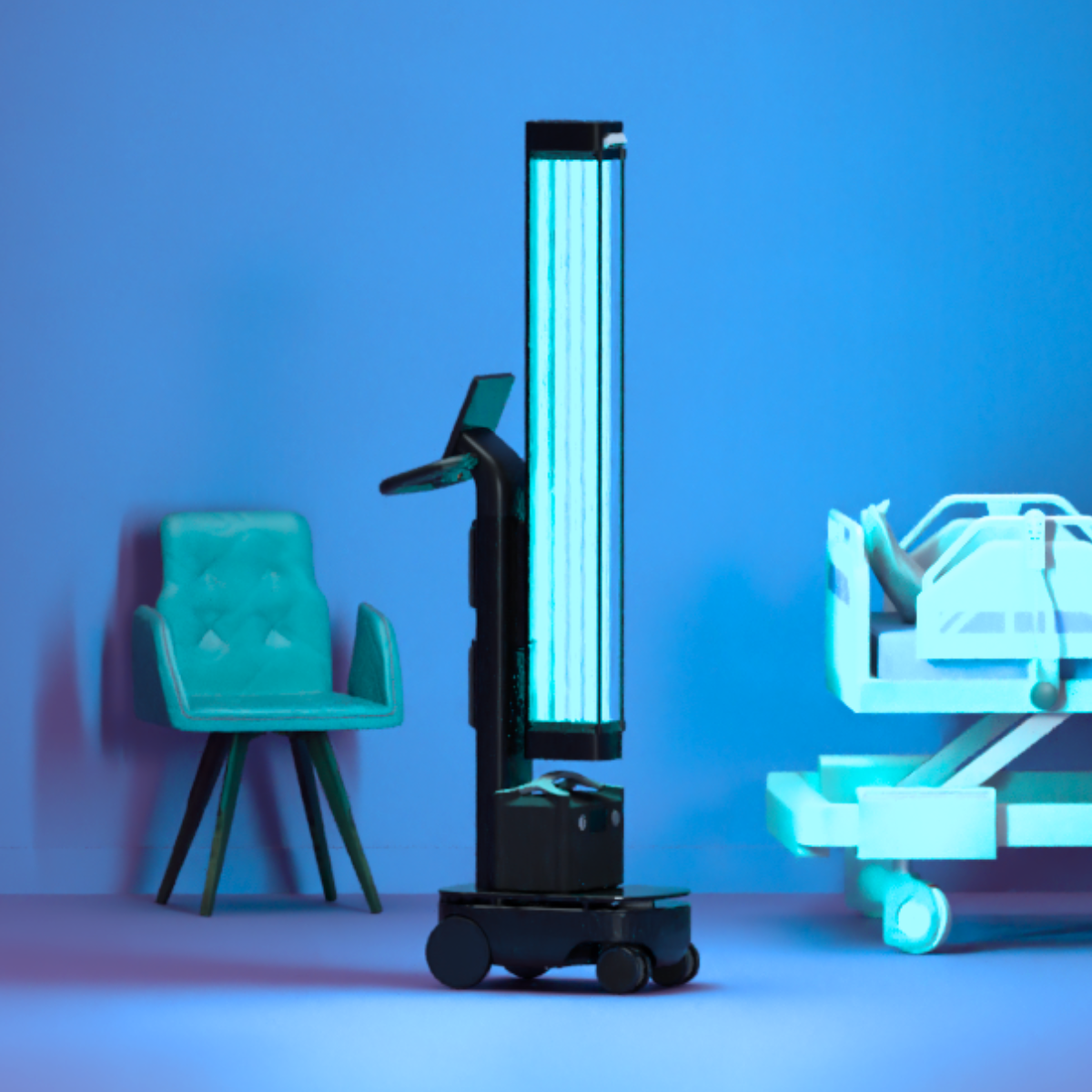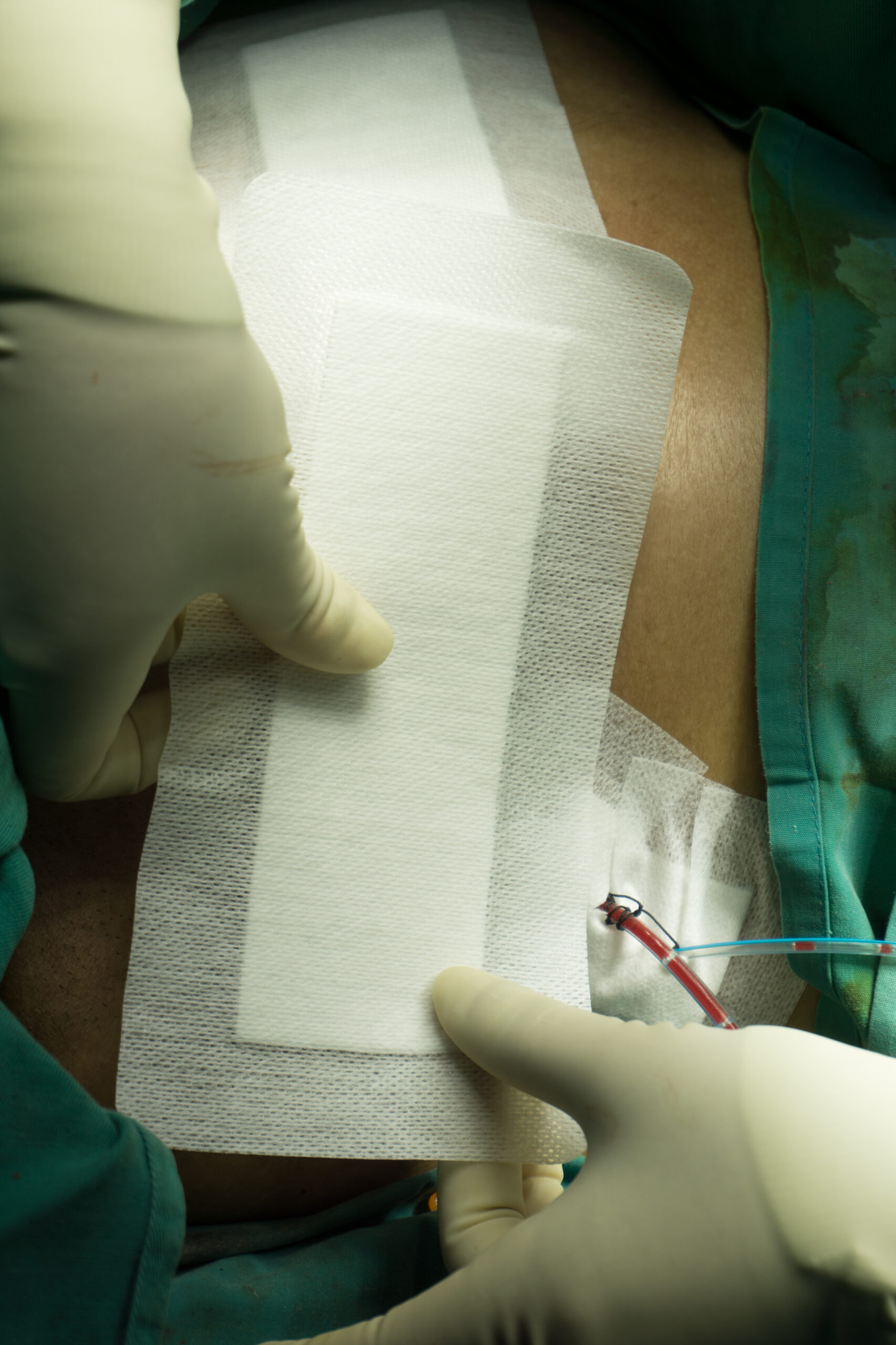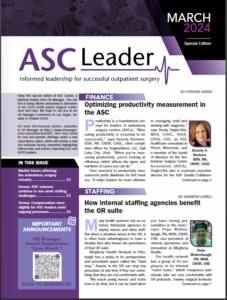
Postpandemic applicability, usage of UV disinfection technology

The COVID-19 pandemic highlighted the importance of proper disinfection to manage and contain the spread of the disease. During the pandemic, ultraviolet (UV) disinfection technology played an important role in safeguarding public health and combatting COVID-19. Various uses of UV technology have become available on the market and can be…
Technology addresses OR workforce shortage, supports staff

The healthcare industry as a whole has faced numerous and unprecedented challenges in the last few years. With each challenge compounded by external pressures, these proverbial spotlights illuminated existing vulnerabilities. The healthcare workforce, particularly nursing, continues to be one of the most impactful vulnerabilities. With the pandemic acting as a…
Survey: Compensation rises slightly for ASC leaders amid on-going pressures

Compensation is trending slightly higher for ambulatory surgery center (ASC) leaders, according to the 2023 OR Manager Salary/Career Survey, with 68% of respondents reporting a total annual compensation of $120,000 or more, up from 50% in 2022 and 40% in 2021. However, higher wages are unlikely to sufficiently offset the…
Nurse leader key to ASC success

In the May issue of OR Manager, an article from us at the Competency & Credentialing Institute (CCI) covered the definition of the nurse leader in the ambulatory surgery center (ASC) space, and what that role may look like depending upon the structural organization of the ASC. We covered that…
Survey: ASC volumes continue to rise amid staffing challenges

ASC leaders continue to see increased surgical volumes but are finding it difficult to staff their centers, according to the 2023 OR Manager Salary/Career Survey. More than half (56%) of respondents reported increased volume in the past 12 months, the same as last year. Yet the ability to recruit new…
Market forces affecting the ambulatory surgery industry

Ambulatory is the term the industry is “stuck with” because that is the name the founders came up with in 1970, says David Shapiro, MD, CASC, CPHRM, LHR, an anesthesiologist with extensive experience in ambulatory surgery management and a member of the Accreditation Association for Ambulatory Health Care (AAAHC) board.…
ASC joint ventures: 'To be, or not to be'

With healthcare costs continuing to rise, hospitals, payers, and patients are looking for different venues for care and ways to cut costs while maintaining quality and safety. As more surgical procedures are safely performed in outpatient settings, more ambulatory surgery centers (ASCs) are being built or restructured. Partnerships between hospitals…
SSI prevention in ASCs

Surgical site infection (SSI) surveillance has rapidly grown in the ambulatory setting over the last decade, with the expansion of the Centers for Disease Control and Prevention’s (CDC) National Healthcare Safety Network’s (NHSN) Outpatient Procedure Component (OPC). OPC-SSI is designed to track and monitor SSIs in ambulatory surgery centers (ASCs)…
State of perioperative workforce in 2023: Part 2

Takeaways Perianesthesia and sterile processing leaders are feeling the pain of staffing shortages. Strategies to recruit and retain staff include raising pay, establishing clinical ladders, training programs, and a positive work environment. A 2022 study found that Certified Post Anesthesia nurses are more satisfied with their jobs than noncertified nurses.…
ASC nurse leaders can wear many hats

The role of a nurse leader in an ambulatory surgery center (ASC) can take many forms depending on the ASC’s size, structure, and governing environment. Larger ASCs can support a number of leaders and roles. Factors that influence this number are whether the ASC is part of a network, the…


